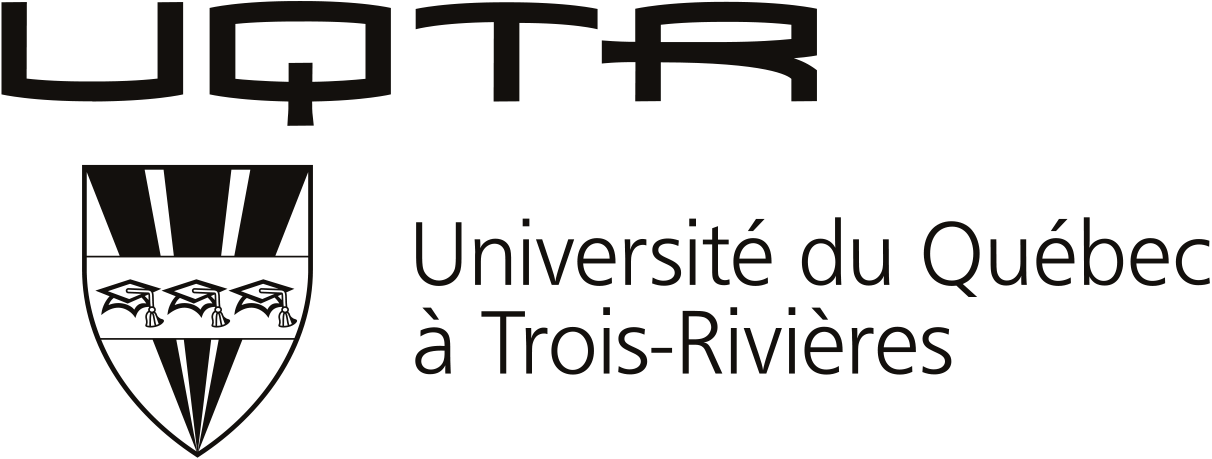Efficacité d’un programme de formation à l’Intervention pour Comportements Agressifs en RÉsidence/RÉadaptation
Program efficiency of treatment training for agressive behaviors in residence/rehabilitation
Mots-clés :
Adaptation, Agressivité, Autisme, Efficacité, Famille, Formation, Hyperactivité, Parent d'enfant handicapé, Plan d'intervention, Québec, Programme, Réadaptation fonctionnelle, Ressources résidentielles, Troubles du comportement, Adolescent handicapé, Aggressivity, Autism, Efficacity, Family, Hyperactivity, Parent of a Disabled Child, Intervention Plan, Quebec, Program, Functional Rehabilitation, Residential Resources, Behavioural Disorders, Adolescent with a DisabilityRésumé
Cet article présente les résultats d’une étude visant à vérifier l’efficacité d’une formation (ICARE: Intervention pour Comportements Agressifs en REsidence/REadaptation) pour parents à l’intervention auprès des comportements agressifs de leurs adolescents présentant une déficience intellectuelle. La formation ICARE a été expérimentée auprès de 24 familles assignées aléatoirement soit au groupe «liste d’attente» ou groupe expérimental. Les participants à la formation ICARE ont rapporté une amélioration significative au niveau des troubles de la conduite, de l’hyperactivité et de la sensibilité/susceptibilité auprès de leurs enfants, ainsi qu’une amélioration de la qualité de vie de l’adolescent et du stress parental. Les points forts et les aspects à améliorer de la formation sont discutés, et certaines pistes de recherche futures sont proposées.
Abstract
This paper presents the results of a study of the efficiency of a training program (ICARE : Intervention for agressive behaviors in a readaptation residence) for parents intervening on agressive behaviors with their mentally retarded adolescents. The training program ICARE was experimented with 24 randomized families which were attributed to a «waiting list» group or the experimental group. The participants reported a significant improvement in behavior disorders, hyperactivity and sensitivity / susceptibility of the adolescents and an improvement of the quality of life of the adolescents and the parental stress. The high points and various aspects to improve the program are discussed and certain research avenues are proposed.


